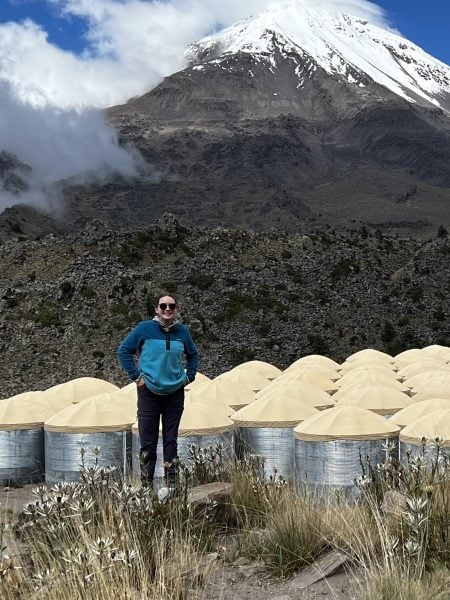The United Nations provides opportunities for students enrolled in a graduate programme to undertake an internship at its Headquarters in New
York, Geneva, Vienna, Nairobi, Addis Ababa, Bangkok, Beirut, Santiago, Arusha, and The Hague.
Eligible candidates interested in doing an internship at the United
Nations Headquarters in New York or any of the mentioned countries can
apply.
The objective of the Internship Programme is threefold:
- To provide a framework by which graduate and under graduate students from diverse academic backgrounds may be assigned to United Nations Offices where their educational experience can be enhanced through practical work assignments.
- To expose them to the work of the United Nations.
- To provide UN offices with the assistance of highly qualified students specialized in various professional fields.
The United Nations Headquarters Internship Programme is offered on a
two-month basis three times a year:
- Mid January to mid March (Spring Session): The vacancy announcement is posted mid May, the deadline for applications is end of September.
- Early June to early August (Summer Session): The vacancy announcement is posted mid September, the deadline for applications is end of January.
- Mid September to mid November (Fall Session): The vacancy announcement is posted end of January, the deadline for applications is mid May.
To qualify for the United Nations Headquarters Internship Programme, the
following conditions must be met:
- Applicants must be enrolled in a degree programme in a graduate school (second university degree or higher) at the time of application and during the internship; or
- Applicants pursuing their studies in countries where higher education is not divided into undergraduate and graduate stages must have completed at least four years of full-time studies at a university or equivalent institution towards the completion of a degree.
- Development-related fields such as economics, international relations, anthropology, sociology, public or business administration, or environmental studies. Other fields of study may be considered depending on the type of assignment;
Any work produced by interns during their internship within the framework
of the duties assigned to them should be used for academic purposes
exclusively. All economic and moral rights (copyright) pertaining to such
work will remain the exclusive property of the United Nations.
Interested undergraduate or graduate students should write via EMAIL ONLY addressed to the :
Ad Hoc Internship Coordinator,
Human Resources Operations Section,
Human Resources Management Service,
United Nations Office
Applications (in English) should include the following:
- A covering letter stating the grounds for their application;
- Recent curriculum vitae (CV);
- Copies of their university degrees or a list of courses attended or attending;
- Abstracts of academic papers they have written if any.
All applicants must be currently enrolled in undergraduate or graduate
programs. No phone calls, please.
After careful consideration of all documents submitted, only successful
candidates will be notified of their selection.
Kindly send the requested applications documents to the following email
address: intern@un-uncrd.org
No application will be accepted after a deadline!
